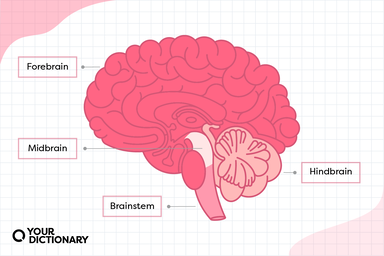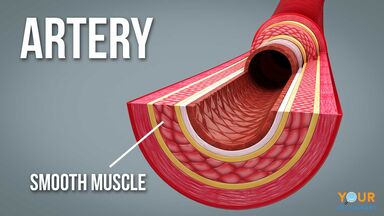Autonomic Nervous System Definition
ôtə-nŏmĭk
noun
The part of the nervous system that is responsible for control and regulation of the involuntary bodily functions, including those of the heart, blood vessels, visceral smooth muscles, and glands: it consists of the sympathetic system which, in general, stimulates the body to prepare for physical action or emergency, and the parasympathetic system which, in general, stimulates the opposite responses.
Webster's New World
The part of the vertebrate nervous system that regulates involuntary action, as of the intestines, heart, and glands, and that is divided into the sympathetic nervous system and the parasympathetic nervous system.
American Heritage Medicine
(neuroanatomy) In humans and other vertebrates, the part of the nervous system that regulates the involuntary activity of the heart, intestines and glands. These activities include digestion, respiration, perspiration, metabolism, and the modulation of blood pressure.
Wiktionary
Synonyms:
Other Word Forms of Autonomic Nervous System
Noun
Singular:
autonomic nervous system
Plural:
autonomic nervous systemsAutonomic Nervous System Is Also Mentioned In
Find Similar Words
Find similar words to autonomic nervous system using the buttons below.





